Page 337 • (5,522 results in 0.04 seconds)
-
September 3, 2009 New Chemistry department instrument will help students and profs probe world of the atom It looks like a rather fat, squat water heater. But to the students and professors gathered around it – or, more accurately, the computer that transmits readouts from it, the machine is pure magic. It is called a nuclear magnetic resonance spectrometer, or NMR. Today, the students from Professor Neal Yakelis’ organic chemistry lab are trying to figure out the structure of an unknown
-
Gates Foundation, and serves as the advocate for the foundation’s key issues, which includes education and world health, with a particular focus on HIV/AIDS and malaria prevention. Tuesday night, Gates spoke on campus about his new book, “Showing up for Life, Thoughts on the Gifts of a Lifetime.” In small vignettes, Gates discusses lessons learned growing up in Bremerton, Wash., serving in WWII, getting his law degree, marrying, raising a family, and now of course, being father to one of the most
-
narrative is intertwined with the forms. I find digital photography’s mutable nature an advantage, and the way photography, painting and design can be integrated and restructured into a new paradigm. Steve Sobeck, lecturer of art Area of Emphasis: ceramics Jessica Spring, lecturer of art, Elliott Press manager Area of Emphasis: printing and publishing arts Artist statement: Sheets is a collection of four homeless haiku by Dolores Connelly, each poem capturing a moment within a season. The ongoing cycle
-
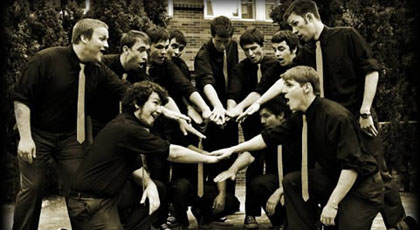
experience.” The members of PLUtonic may have finished their national journey, but their journey is just beginning. PLUtonic is continuing work on an album which is currently in the editing process. The members of the group have been working with one of the top a cappella producers on the West Coast, and Marzano said he hopes the album will be available for sale soon. The group also held try outs two weeks ago, and have chosen several new members. Reflecting on the experience, Marzano said PLUtonic now
-
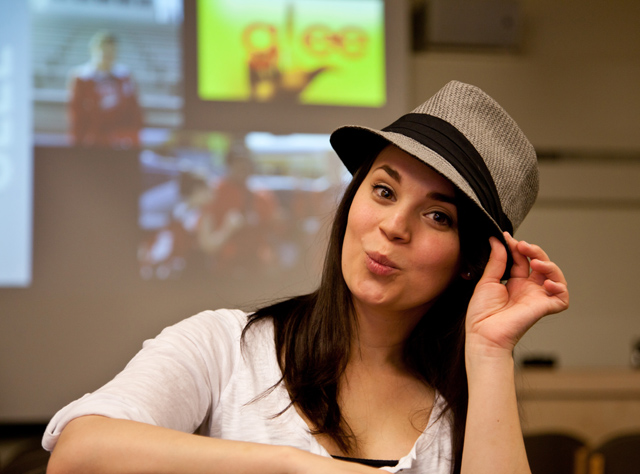
. Small classes and attentive professors also helped her get through her studies and overcome dyslexia (another reason she decided against journalism as a career-she just couldn’t keep up with the teleprompter.) The solo performance class helped the 4-foot-10-inch Pansino battle her innate shyness and sparkle in her new-found calling, she said. She also credited trying out for the Lute cheer squad and teaching English in China during a J-term trip with helping her push herself through a natural
-
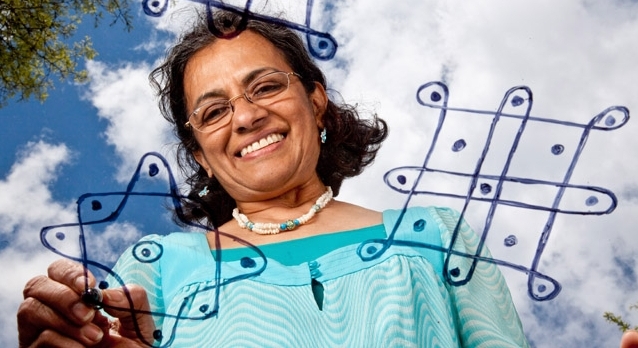
later taught in the classroom? “Children come [to school] with a whole lot of socio-cultural processes when it comes to learning,” Thirumurthy said. “So we need to find out how teachers can connect new knowledge to their cultural practices and how it informs curriculum.” Beginning in October 2011, Thirumurthy used her Fulbright grant to find out. Over seven months, she met with students and families in the Muslim and Hindu communities in Chennai, as well as observe the rituals and cultural practices
-
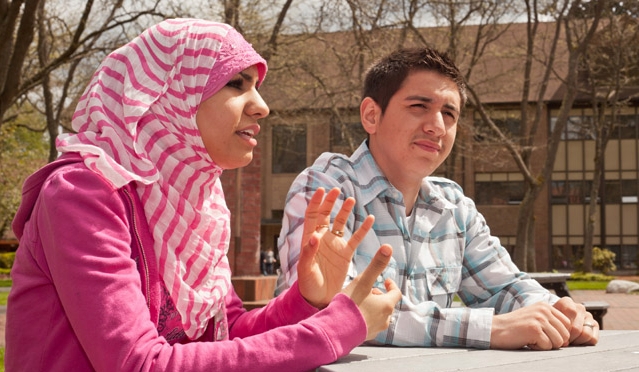
still trying to decide on a new name for the group, which will be open to people of any faith, who wish to discuss Muslim beliefs, values and how the religion is perceived in the news and around campus. They’ve decided to name the club the Muslim Association and Allies (PLUMAAA). Umma is the Arabic word for “community.” The club will begin meeting in the fall. “I really think it is important to start a club, there is a lot of misinformation about Islam,” said Alazadi. “Our goal is to spread
-
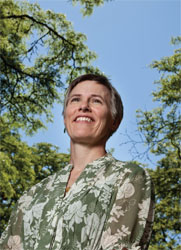
are all rowing in the same direction,” Hunnicutt added. And thanks to the Lilly Endowment, generous benefactors to the university, and the commitment of the faculty and staff of PLU – all who want to encourage students to continue to ask those questions of vocation – PLU will be rowing that way for a long time. Read Previous New ’employer relations’ position connects students with employers Read Next Light Fantastic COMMENTS*Note: All comments are moderated If the comments don't appear for you
-
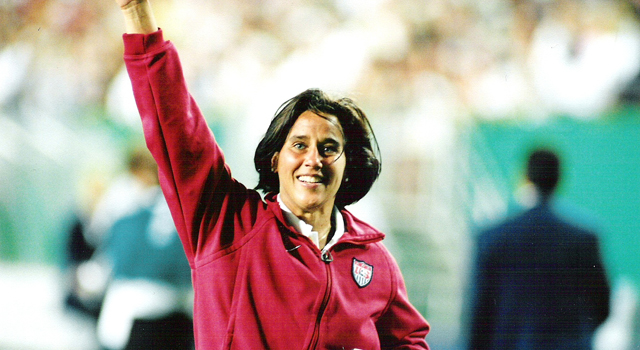
May 9, 2012 Professor Colleen Hacker brings experiences working with world-class athletes to students at PLU. Athlete. Coach. Educator. By Katie Scaff ’13 PLU professor of Movement Studies and Wellness Education Colleen Hacker rarely uses hypothetical situations to help her students learn new concepts—as an athlete that has competed in five different sports on the national level, and a mental skills coach that has worked with some of the world’s best since 1995, there aren’t many situations
-
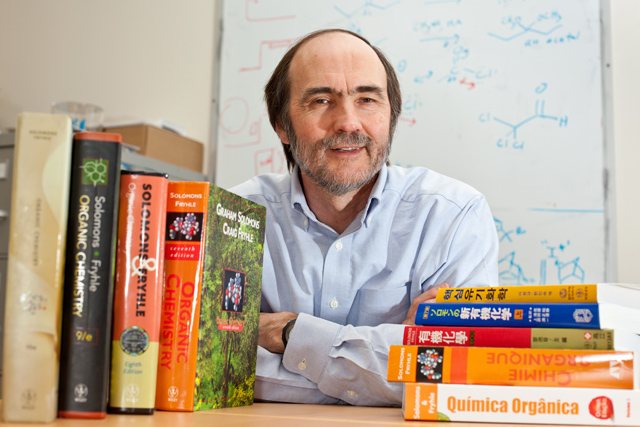
chemistry – the ability to peer into the building blocks of life, to learn how nature makes organic molecules, and then to use this knowledge to devise new and useful molecules that can improve our lives. Fryhle first began his work on the book almost 20 years ago,when he met Solomons at a conference in 1993. Fryhle suggested some changes to the flow of “Organic Chemistry” which Solomons, now retired from the University of South Florida, had written and edited solo up to that point. The partnership was
Do you have any feedback for us? If so, feel free to use our Feedback Form.


